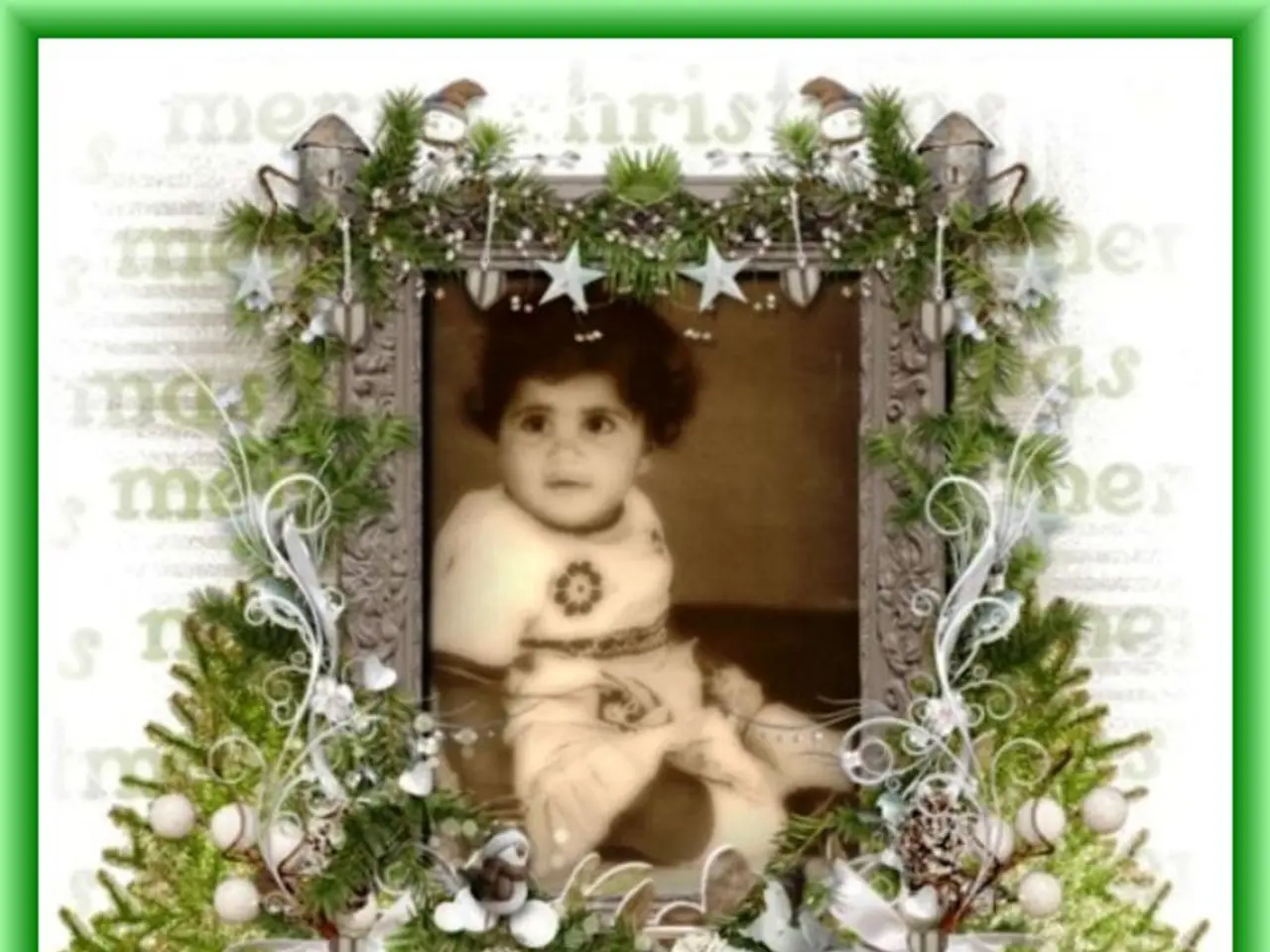Struggling with the Impact of Being the Forgotten Childhood Sibling?
In a world where many strive for connection, those who grew up as "lost children" often find themselves feeling invisible or emotionally neglected in dysfunctional families. This sense of isolation can persist into adulthood, but it doesn't have to. With understanding, empathy, and the right therapeutic approaches, these individuals can heal and develop healthy relationships.
Addressing this fear requires understanding its origins and challenging the underlying beliefs. The journey towards healing is unique to each individual, but a multifaceted framework of therapeutic approaches can provide a solid foundation.
One such approach is Inner Child Work, a process that helps reconnect with and heal the emotional wounds of the inner child by creating safe internal and external environments, facilitating self-compassion, and resolving feelings of guilt or shame originating in childhood trauma.
Trauma-Focused Cognitive Behavioral Therapy (TF-CBT) is another evidence-based treatment that addresses trauma symptoms and helps clients develop coping skills to reduce emotional triggers and detrimental beliefs stemming from childhood trauma.
Narrative Therapy enables clients to reframe their life stories, challenge negative self-beliefs, and create empowering new meanings, which aids in recovering a positive self-identity and healthier relational patterns.
Internal Family Systems (IFS) Therapy, based on the idea that one's personality has various parts, some affected by trauma, helps clients understand and compassionately address their internal conflicts, fostering internal harmony and better external relationships.
Eye Movement Desensitization and Reprocessing (EMDR) is used to process and reduce the impact of traumatic memories, effectively diminishing emotional pain and improving psychological resilience.
Play Therapy and Therapeutic Play Camps, which utilize guided play and symbolic activities, can help children and adults process grief and trauma, often facilitating emotional expression and peer support in a safe setting.
Family and Reunification Therapy, when childhood trauma involves fractured family dynamics, helps rebuild communication and attachment between family members, addressing relational wounds and promoting connection.
Including family members in therapy can foster a safe environment for collective healing, potentially reducing future mental health risks and improving relational functioning.
Seeking support from therapists, support groups, or trusted friends and family members can provide the necessary guidance and encouragement to break the cycle of self-isolation. The struggle to express emotions can impact communication with others, but therapy and counseling can provide a safe space for "lost children" to explore their emotions and develop healthy coping mechanisms.
Building a support network of trusted individuals who can provide emotional support is essential for the well-being of "lost children". The fear of abandonment and rejection is deeply rooted in their experiences, and self-isolation and withdrawal are common coping mechanisms. However, by engaging in activities that bring joy and fulfillment, practicing self-care, setting boundaries, and journaling, these individuals can begin to heal and form healthier, more secure relationships.
Access to licensed mental health professionals skilled in trauma and attachment therapies is essential to tailor treatment to individual needs. Together, these approaches provide a beacon of hope for "lost children", guiding them towards a brighter future where they can overcome their past and build fulfilling, meaningful relationships.
- Science and education-and-self-development can play a crucial role in helping "lost children" heal as they learn about therapy and counseling approaches that can provide a safe space for emotional expression and coping mechanism development.
- Incorporating personal-growth practices such as building a support network, practicing self-care, setting boundaries, and journaling can help individuals with dysfunctional family-dynamics and mental-health issues form healthier, more secure relationships.
- Health-and-wellness encompasses mental-health, and seeking support from licensed mental health professionals skilled in trauma and attachment therapies such as Inner Child Work, TF-CBT, Narrative Therapy, Internal Family Systems (IFS) Therapy, EMDR, Play Therapy, Family and Reunification Therapy, and other evidence-based treatments can offer hope for overcoming past traumas and building meaningful relationships.
- Lifestyle choices like engaging in activities that bring joy and fulfillment can contribute to the healing process of "lost children," allowing them to break the cycle of self-isolation, challenge negative self-beliefs, and form healthier, supportive relationships in both their personal and familial lives.




